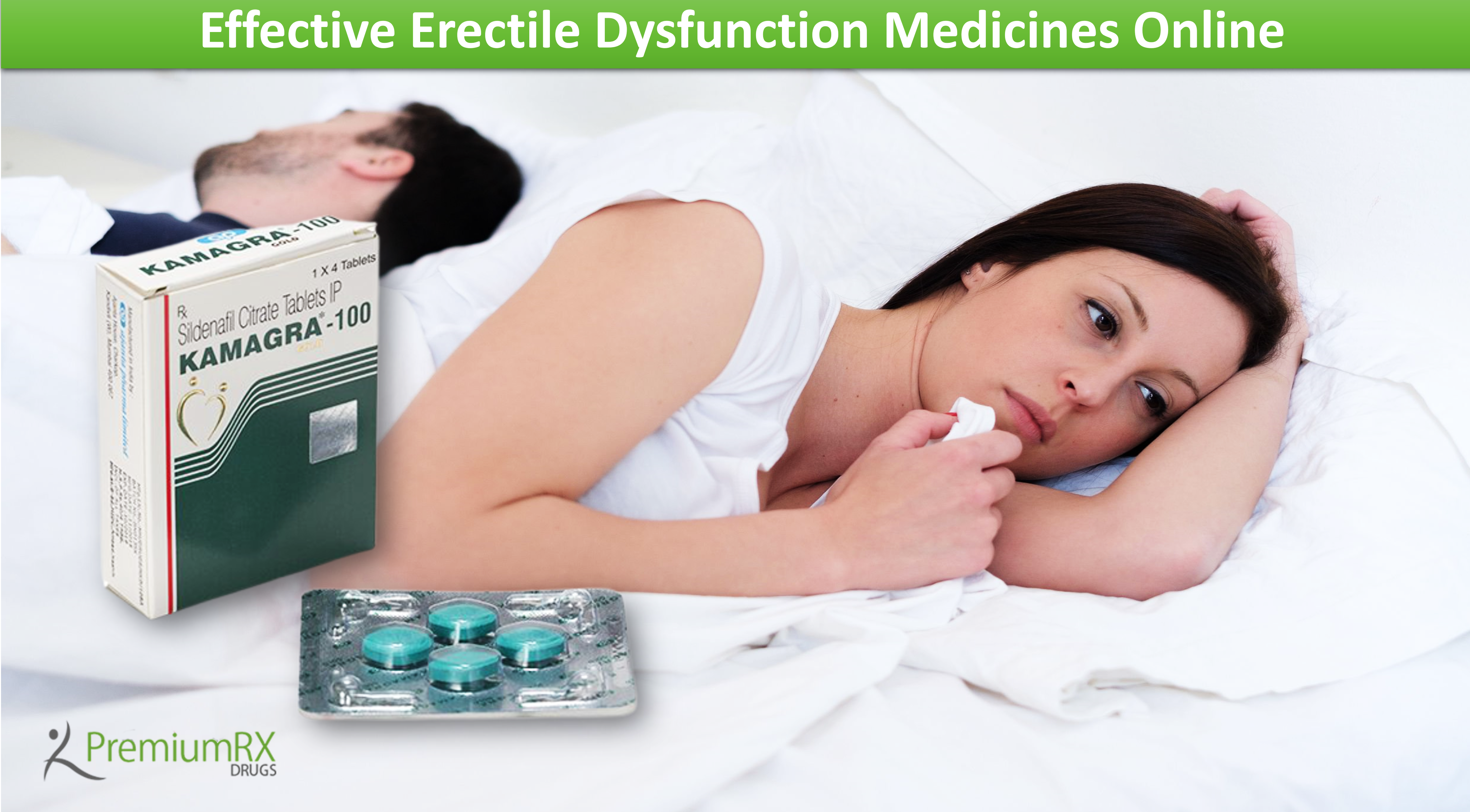A decrease in testosterone levels with age may increase the risk of erectile dysfunction (ED). However, age is not the only contributing factor. You should see a healthcare specialist to determine if there are other underlying medical causes.
What is ED?
Erectile dysfunction (ED) is the persistent inability, partial or complete, to achieve or maintain an erection hard enough for satisfactory sexual intercourse in the presence of proper sexual stimulation. It is considered an increasing health concern that significantly impacts the quality of life of both partners due to lower sexual satisfaction. Sexual dysfunction is also a predictor of dementia, cardiovascular disease, and all-cause of mortality.
The major risk factor associated with ED is age, and many studies show other associated factors like diabetes, depression, hypercholesteremia, use of antihypertensive drugs, hypertension, and atherosclerosis. Worldwide, the prevalence of erectile dysfunction ranges from 2% in men younger than 40 years to 86% in men 80 years or older. This article investigates how ageing affects ED.
Can young men have ED?
Many people think of erection issues as an older adult’s problem, but that’s not true. ED can also affect younger males. According to studies, ED affects 8% of males aged 20 to 29 and 11% of those aged 30 increasing. Furthermore, data suggest that the number of people under 40 years seeking medical attention for erection problems is increasing. Factors that can contribute to ED can occur at any age. These include emotional and physical factors; both are important for sexual activity. Certain contributing factors include:
- Mental health issues such as stress, anxiety, and depression
- Sleeping issues
- Being overweight and obesity
- High blood pressure
- Heart or blood vessel disease
- Chronic kidney disease
- Hypogonadism
- Penile abnormalities (those affecting the foreskin)
- Smoking
- excessive alcohol consumption
- using recreational drugs
- having a lack of physical activity, and using workout supplements (testosterone boosters or over-the-counter products to restore erectile function.
Regardless of age, lifestyle modifications such as lowering stress and exercising more frequently can help treat erection problems and enhance overall health. However, if a man suspects he knows the cause of their ED, he should fix an appointment with a doctor. This is because ED can be an early indication of some medical problems.
How does age affect erection?
Age can be a contributing factor that can give rise to erection problems. Data suggests men can develop some form of erection problems by their 40s. While males are more likely to experience erection problems as they get older, ageing does not directly give rise to erection issues in men. Erectile dysfunction is not a normal part of ageing; some men are sexually active even in their 80s. However, with age, people have a higher chance of developing medical conditions that can contribute to erection issues. These include high blood pressure, type 2 diabetes, obesity, low testosterone levels, and atherosclerosis (plaque build-up in the arteries). Atherosclerosis and diabetes are the two most common medical problems that give rise to erection problems.
Meanwhile, ED can be an adverse effect of medication most men take as they age, such as tranquillizers and ulcer medicines. Testosterone affects a man’s sex drive and energy levels, which controls arousal impulses to the brain. Your doctor may evaluate you for nerve damage associated with diabetes and low testosterone. Also, constricting blood flow from artery blockages and heart disease would affect an erection.
Can ED be reversed?
The good news is that you can manage most emotional and physical causes. Losing weight, quitting smoking, and practising healthy responses to stress can help improve erectile function. Be sure to speak to your doctor to address any potential causes of your ED.
Conclusion
ED is known for difficulties in achieving an erection before sexual intercourse and maintaining it. The risk for this condition increases with age because of naturally declining testosterone levels. Still, decreasing testosterone hormone and age aren’t the sole factors for ED. Most ED causes are not directly associated with age but with other underlying medical causes. Fix an appointment with a doctor to determine the cause and treat it so that you can lead a healthy and happier life.
Marie
Latest posts by Marie (see all)
- Guide for Careprost as Eyelash Enhancer – Benefits, Usage, Side Effects - July 3, 2025
- Eptoin 50mg Uses, Precautions and Side Effects - July 1, 2025
- Eyelash Goals Unlocked: Why Careprost Is the Ultimate Solution. - June 30, 2025




